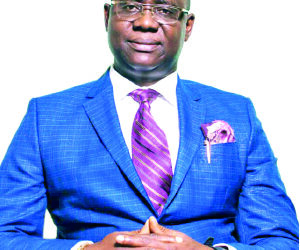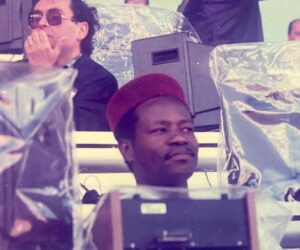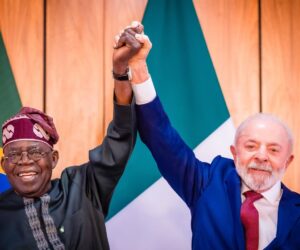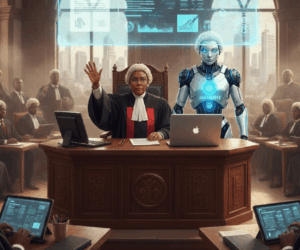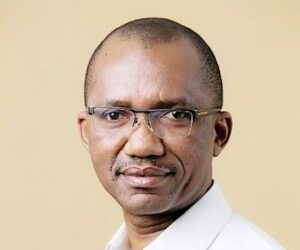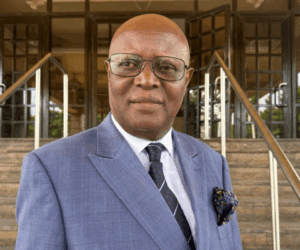By Folorunso Fatai Adisa
Last month, a mutilated body was found decomposing on the
tranquil banks of Loch Lomond, Glasgow. A few weeks later, dismembered body
parts were discovered in the community around my workplace in Glasgow. And only
three weeks ago, I woke to flashing blue lights and police tape sealing off my
street, a 52-year-old man had been stabbed to death right at the doorstep of
the next house to mine. These are not scenes from a crime drama. They are
pieces of Scotland’s recent reality. The cases of violent crime here, though
rare by global standards, are quietly on the rise. According to Scottish
Government crime statistics (2024), recorded homicides rose to 57 cases, up
from 52 the previous year, while knife-related offences remain a persistent
concern across Glasgow and Edinburgh.
However, in every tragedy, something profoundly human
happens: people rally together. They condemn the act, not the people. They do
not claim persecution. They do not weaponise grief. They come forward with
information, assist the police, and help the community heal.
Now contrast that with home, Nigeria. There, tragedy too
often becomes a tool of division. Some so-called fundamentalists preach that
their religion is holier than others, branding dissenters as infidels. Some
ethnic propagandists have vowed to burn the country down simply because they
lost an election. The nation’s pain is politicized; its insecurity, misbranded.
Yes, insurgency exists. Yes, people across faiths and
ethnicities have been killed in Kaduna, Zamfara, Plateau, Imo, and Borno. But
to reduce that complex web of violence to “Christian genocide,” as the U.S.
President Donald Trump recently claimed, is both reckless and ignorant. It
erases Muslim victims of banditry, kidnapping, and terrorism, and those
nameless farmers, imams, and children in the North who have also perished under
the same violence.
Words matter. The Armed Conflict Location & Event Data
Project (ACLED, 2024) shows that over 60% of violent deaths in Nigeria’s north
were from communal, criminal, or insurgent attacks not targeted by religion but
by geography and vulnerability. Misnaming such tragedies as “Christian
genocide” only deepens suspicion and fuels fresh hate.
What Nigeria truly needs now is not another imported
narrative but a collective homegrown resolve where citizens join hands with
security agencies, communities sharing intelligence, and leaders confronting
the monsters of banditry, kidnapping, and terrorism that stalk every region.
And as for America lecturing others on peace, one must only
glance at its own mirror. The Gun Violence Archive (2025) has already recorded
over 35,000 deaths this year alone from gun-related incidents. That is more
than Nigeria’s total death toll from terrorism and banditry combined in 2024
(Global Terrorism Index, 2025). Add to that the U.S. interventions in Libya,
Gaza, and Ukraine, and you see a lantern that cannot see its own darkness,
preaching light while standing in shadow.
Violence benefits nobody. And those who peddle division in
the name of religion or politics must remember: the fire they ignite might one
day consume them too.
Folorunso Fatai Adisa is a communication strategist.
He holds a master’s degree in media and communication from the University of
Strathclyde, Glasgow, and writes from the United Kingdom. He can be contacted
via folorunsofatai03@gmail.com
Click to signup for FREE news updates, latest information and hottest gists everyday
Advertise on NigerianEye.com to reach thousands of our daily users



